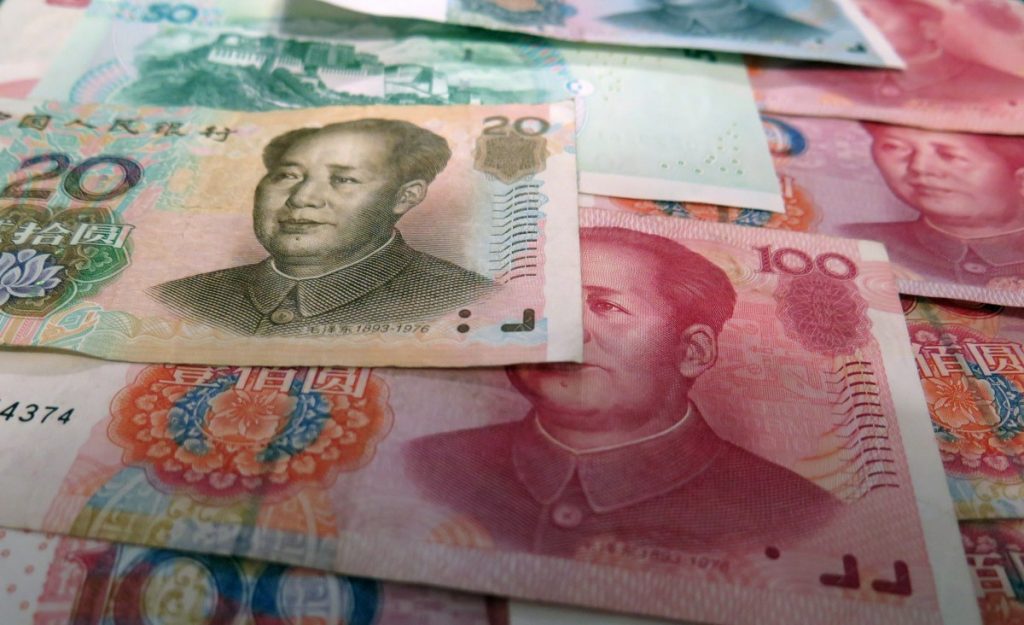Investment from China causes anxiety in various parts of the world, particularly in the West, a new survey found.
According to a study by Ifo, a Munich-based economic research institute, of more than 1,000 analysts, two-thirds of respondents in the European Union saw investment from China as “slightly” or “evidently” negative. This figure is slightly higher in the US, where it posted 78%.
However, in many emerging and developing economies such as Pakistan and Turkey, Chinese investment gets a better reputation.

European and American investors polled for the study said transfers in technology and fear of the Chinese government’s influence were the primary reasons for their negative opinion.
China’s investments, primarily in infrastructure projects, have surged dramatically worldwide over the past decade. Chinese Pres. Xi Jinping’s Belt and Road Initiative (BRI), prompted Beijing to pour billions of dollars of investments in development in infrastructure in several countries in Asia, Africa, Europe, and South America.
Beijing’s ambitious program is seen to involve more than $1.1 trillion in investments, especially in infrastructure development for roads, ports, airports, and railways. It also includes power plants and telecommunications networks.
But many analysts criticize the initiative, with some saying that opaque financing deals lead poor countries to drown in unsustainable debt.
China’s growing influence marred with skepticism also sparked the trade tensions between the country and the U.S., which causes concern to Angel Gurria, OECD’s secretary general, especially in their impact on hampering global investment and economic growth.
The world was in the middle of economic recovery when the trade rift took place, which eventually led to a slowdown, Gurria said in an interview.
While the world is betting on a deal between the two largest economies, the tension is getting higher, which can lead to a spillover effect that would considerably impact the global market, Gurria added.
The Mexican economist and diplomat said the trade tensions forced the OECD to shave its growth forecast to 3.1% from 3.9% 12 months ago.













